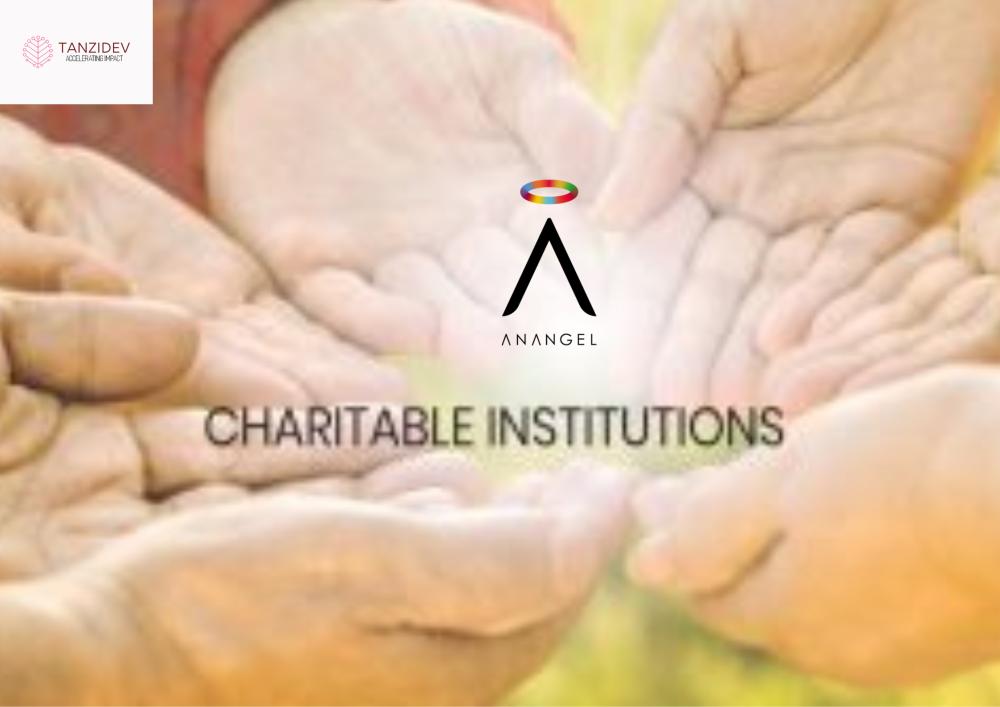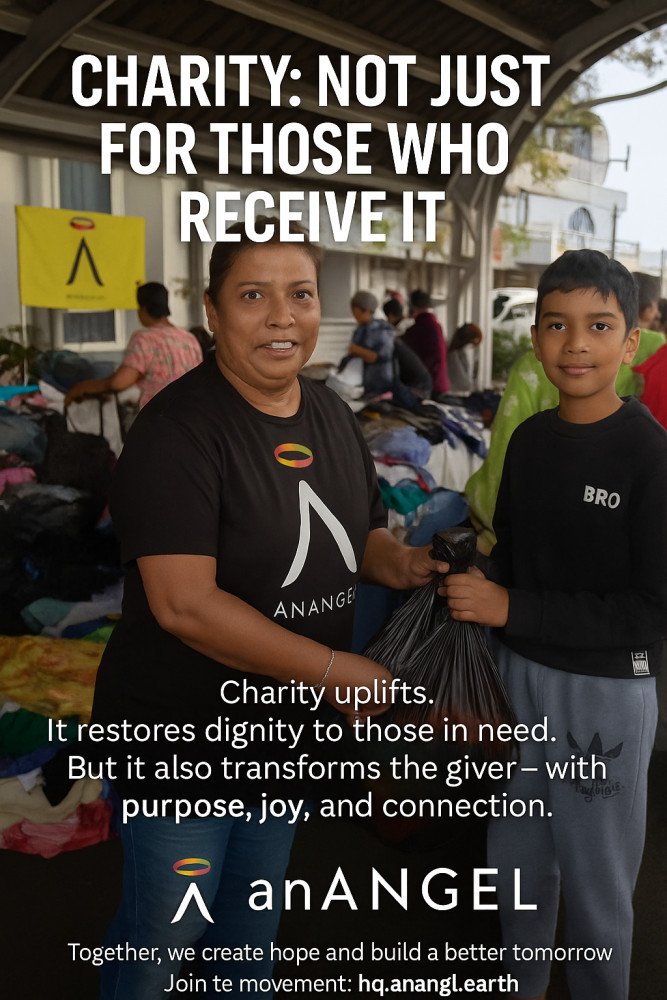

A Call to Action for a Sustainable Future in Mauritius
World Environment Day is celebrated on June 5th each year,
serving as a global platform to raise awareness and take action for
environmental protection. This significant day reminds us of our responsibility
to preserve and sustain our planet for future generations. In the context of
Mauritius, an island nation known for its unique biodiversity and delicate
ecosystems, World Environment Day holds even greater importance. In this blog,
we will explore the environmental situation in Mauritius, highlight key challenges,
and discuss how each individual can contribute to building a sustainable future
for the island.
Environmental Challenges in Mauritius:
Mauritius faces several environmental challenges that
require immediate attention and action. Here are some key facts and figures:
a. Biodiversity Loss: Despite being home to numerous endemic
species, Mauritius has experienced significant biodiversity loss. According to
the International Union for Conservation of Nature (IUCN), 100 out of 142
endemic plant species in Mauritius are threatened.
b. Marine Pollution: The coastal waters of Mauritius face
pollution challenges, particularly due to inadequate waste management practices
and runoff from agricultural activities. According to the Mauritius
Oceanography Institute, about 4,000 tons of solid waste is discharged into the
sea annually.
c. Climate Change Vulnerability: Rising sea levels,
increased frequency of extreme weather events, and temperature changes pose
significant threats to Mauritius. The country is highly vulnerable to the
impacts of climate change, including coastal erosion and loss of critical
habitats.
The Theme for this Year's World Environment Day:
The theme for this year's World Environment Day is
"Solutions to Plastic." It highlights the urgent need to address the
global plastic pollution crisis and seeks to inspire individuals, communities,
and governments to find innovative solutions. Plastic pollution poses a severe
threat to ecosystems, marine life, and human health. By focusing on solutions,
we can work towards reducing plastic consumption, promoting recycling and waste
management, and encouraging the use of sustainable alternatives.
Individual Actions for Environmental Sustainability in
Mauritius:
Individual actions in Mauritius can contribute to the
preservation of the island's unique environment. Here are some practical steps:
a. Reduce Plastic Waste: Mauritius has taken steps to reduce
single-use plastics, but individual efforts are essential. Opt for reusable
bags, bottles, and containers. Support local initiatives promoting plastic-free
alternatives.
b. Conserve Water Resources: Mauritius faces water scarcity issues. Practice water conservation by fixing leaks, using water-efficient appliances, and practicing responsible water usage
c. Support Sustainable Tourism: As a popular tourist
destination, sustainable tourism practices are crucial. Choose eco-friendly
accommodations, engage in responsible outdoor activities, and support local
businesses that prioritize environmental sustainability.
d. Participate in Conservation Activities: Join local
conservation organizations, participate in tree-planting initiatives, and
support efforts to protect and restore critical ecosystems in Mauritius.
Collaborative Efforts for Environmental Conservation:
Collaboration between individuals, communities,
organizations, and the government is vital for environmental conservation in
Mauritius. Some collaborative initiatives include:
a. Coastal Clean-ups: Participate in community-led beach
clean-ups to tackle marine pollution and raise awareness about the importance
of clean coastlines.
b. Reforestation Projects: Join hands with environmental
organizations in reforestation efforts to restore degraded areas and protect
Mauritius' rich biodiversity.
c. Education and Advocacy: Support educational programs that
promote environmental awareness, engage in advocacy campaigns, and work with
local authorities to implement sustainable policies.
World Environment Day serves as a reminder of the urgent need for environmental action in Mauritius. By understanding the environmental challenges the island faces, embracing sustainable practices, and collaborating with others, we can collectively create a better and more sustainable future.


